Present Perfect Tense
In the present perfect tense third form of the verb is used. (has, have) are used as helping verbs. “Has” is used with 3rd person singular and singular nouns. “have” is used with 1st and 2nd persons and all plural nouns.
Affirmative sentences
For affirmative sentences, the following sentence pattern is used. Has and have are used as helping verbs. The third form of the verb is used.
Formation :
Sub + helping verb ( has, have) + 3rd form of verb + object.
Examples:
- I have taken a bath.
- Ali has eaten a meal.
- They have won the match.
- She has run fast.
- I have done my work.
- We have packed our luggage.

Negative of the present perfect tense
When we have to make negative sentences, we use “not” after helping verb.
Formation :
Sub + helping verb ( has, have) + not + 3rd form of verb + object.
Examples:
- We have not taken a bath.
- Mano has not eaten a meal.
- They have not won the match.
- He has not run fast.
- You have not done your work.
- They have not packed their luggage.

Interrogative sentences
In the case of interrogative sentences, the helping verb (has, have) is placed at the start of the sentence. And a question mark is added at the end.
Formation :
helping verb ( has, have) + Sub + 3rd form of verb + object + ?
Examples:
- Have I taken a bath?
- Has Ali eaten a meal?
- Have they won the match?
- Has she run fast?
- Have I done my work?
- Have we packed our luggage?
- Has she swept the room?
- Has Najma washed her clothes?
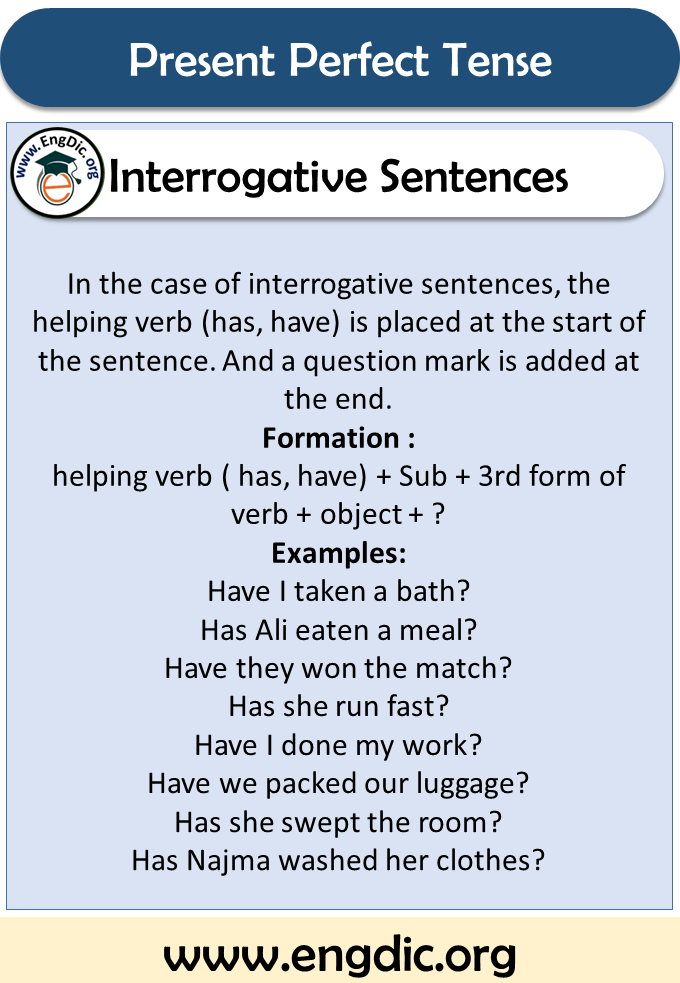
Formation of PRESENT PERFECT TENSE |
|||||
|
Helping Verbs |
(Has, Have) |
||||
|
Form of Verb |
The third form of a verb is used |
||||
|
+ Affirmative Sentences |
|||||
|
Subject |
Helping verb ( has, have) | The third form of a verb |
object |
||
|
Ali |
Has | Eaten |
Meal |
||
|
– Negative sentences |
|||||
|
Sub |
Helping verb ( has, have) | Not | 3rd form |
object |
|
|
Lee |
Has | Not | Eaten |
Meal |
|
|
? Interrogative Sentences |
|||||
|
Helping verb ( has, have) |
subject | 3rd form | object |
? |
|
|
Has |
Ali | Eaten | Meal |
? |
|
Present Perfect Tense Examples
- Why has he gone already?
- Where have I left my sandals?
- We haven’t seen her today.
- We have seen this movie already.
- They have been to the mall twice this month.
- There has been an accident.
- The children have made a mess in the kitchen.
- She has watched that show three times this week.
- She has finished her chores.
- I have lost my purse.
- He has started a new job.
- He has broken his leg.
- Have you visited England?
- Have you called your mom yet?
- Has she met John?
- Has Anthony played basketball yet?
English tenses PDF
Present continuous Tense
Present Perfect Continuous Tense
Past Indefinite Tense
Past continuous Tense
Past Perfect Tense
Past Perfect Continuous Tense
Future Indefinite Tense
Future continuous Tense
Future Perfect Tense
Future Perfect Continuous Tense

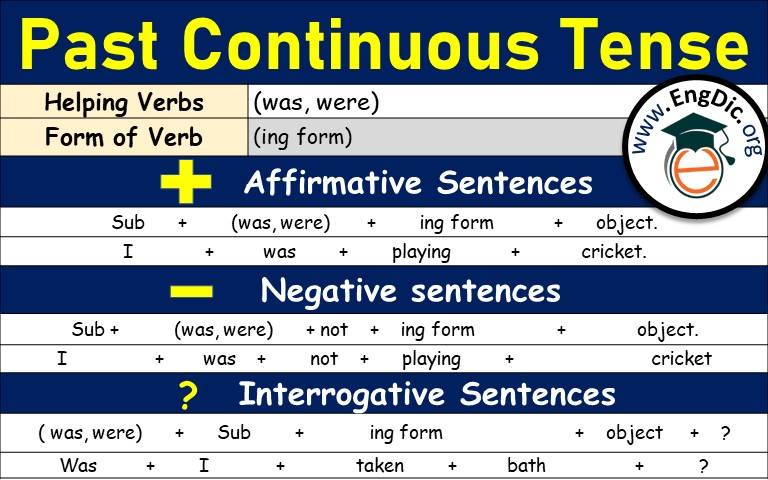
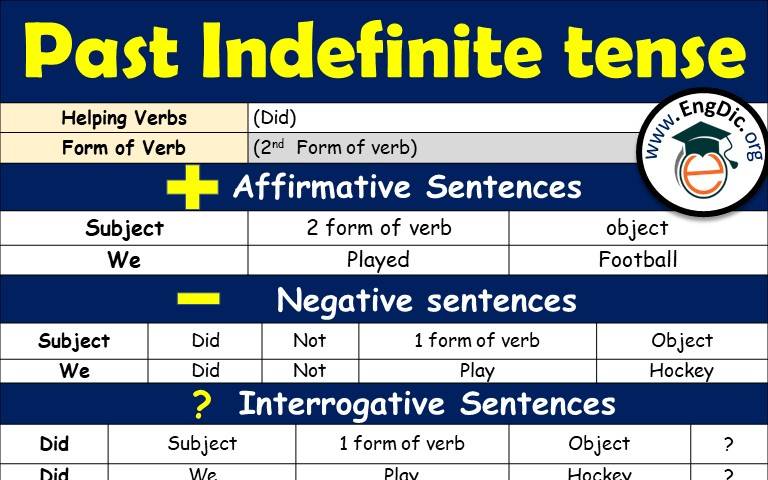


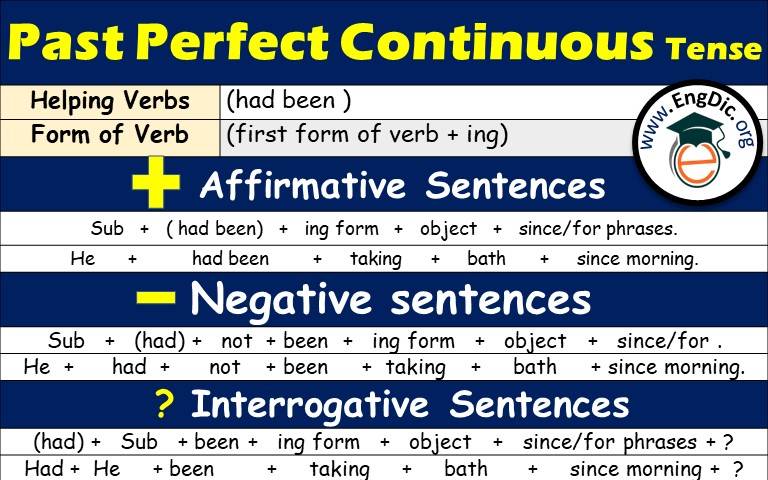
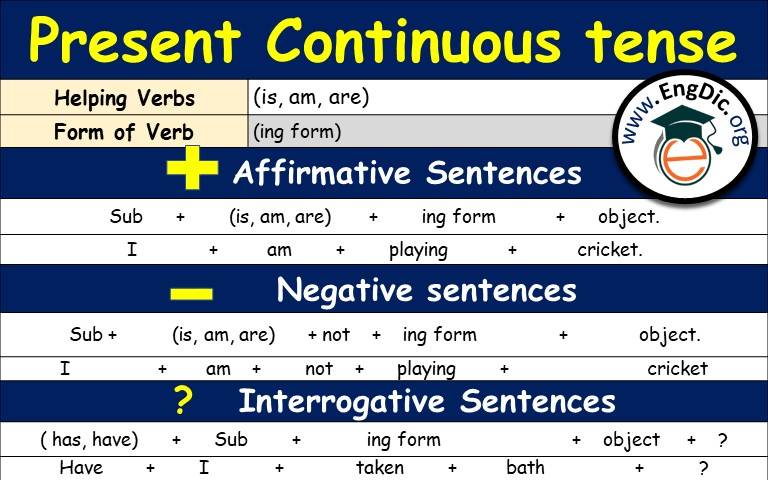
Good one ❤️❤️❤️